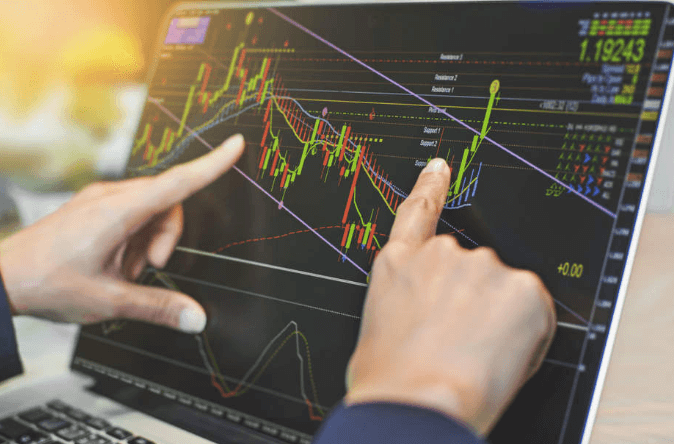Forex Training Course: Your Gateway to Global Markets

The foreign exchange (forex) market is the largest financial market in the world, with a daily trading volume exceeding $6 trillion. Whether you’re looking to start a new career or diversify your investment portfolio, a forex training course can provide you with the knowledge and skills necessary to navigate this dynamic market. This article will delve into the importance of taking a forex training course, what to expect, and how it can elevate your trading strategies.
Why a Forex Training Course is Crucial
- Understanding the Basics: Forex is more than just trading currencies. It’s about understanding economic indicators, geopolitical events, and central bank decisions. A forex training course introduces you to these foundational elements.
- Risk Management: Without proper risk management strategies, traders are prone to significant losses. A good forex training course emphasizes the importance of risk mitigation.
- Developing a Trading Plan: Every successful forex trader has a plan. Learn how to develop yours, test it, and refine it over time.
Components of a Comprehensive Forex Training Course
- Forex Basics: Understand the structure of the forex market, major currency pairs, and how trades are executed.
- Technical Analysis: Discover how to read charts, identify patterns, and use various indicators to predict future price movements. This encompasses chart patterns from the basic to advanced, like the Head and Shoulders, Double Tops, and Harmonic Patterns. Additionally, delve into multiple time frame analysis and advanced technical indicators, such as the Relative Strength Index (RSI) and Fibonacci Retracements.
- Fundamental Analysis: Learn how global events, economic indicators, and geopolitical tensions can impact currency values. This includes understanding the implications of interest rates, various economic indicators like GDP, and the role of political stability in determining a country’s currency strength.
- Risk Management: Develop strategies to protect your investments, using tools like stop losses, take profits, and understanding leverage.
- Trading Psychology: Explore the mindset of successful traders, understanding common psychological pitfalls, and learning strategies to remain disciplined.
- Trading Strategies: From day trading, position trading, scalping to swing trading, a thorough forex training course covers various trading strategies, helping you identify which suits your personality and risk tolerance best.
- Advanced Modules: Delve into the nuances of algorithmic trading, understanding the benefits and challenges of automating your trades. Additionally, explore the realm of copy trading, learning how to identify credible traders to emulate and the potential risks associated.
Choosing the Right Forex Training Course
With the growing popularity of forex trading, there’s no shortage of courses available. Here’s what to consider:
- Reputation: Look for courses with positive reviews and testimonials. Check for accreditations or endorsements from industry experts.
- Content: Ensure the curriculum covers all the essential areas, from basics to advanced strategies.
- Practical Experience: The best forex training courses offer demo trading accounts, allowing students to practice without risking real money.
- Post-Course Support: Trading is a continuous learning process. Opt for courses that provide ongoing support, webinars, or forums for alumni.
Benefits of Completing a Forex Training Course
- Increased Confidence: Knowledge is power. By understanding the mechanics of the forex market, you’ll trade with greater confidence.
- Better Decision Making: Armed with both technical and fundamental analysis skills, you’ll make more informed trading decisions.
- Networking Opportunities: Join a community of traders, share insights, discuss strategies, and learn from others’ experiences.
In Conclusion
The world of forex trading offers immense opportunities, but it’s not without its challenges. By investing in a quality forex training course, you equip yourself with the knowledge and tools to approach the market strategically. Remember, in the world of forex, education isn’t just an advantage; it’s a necessity.




